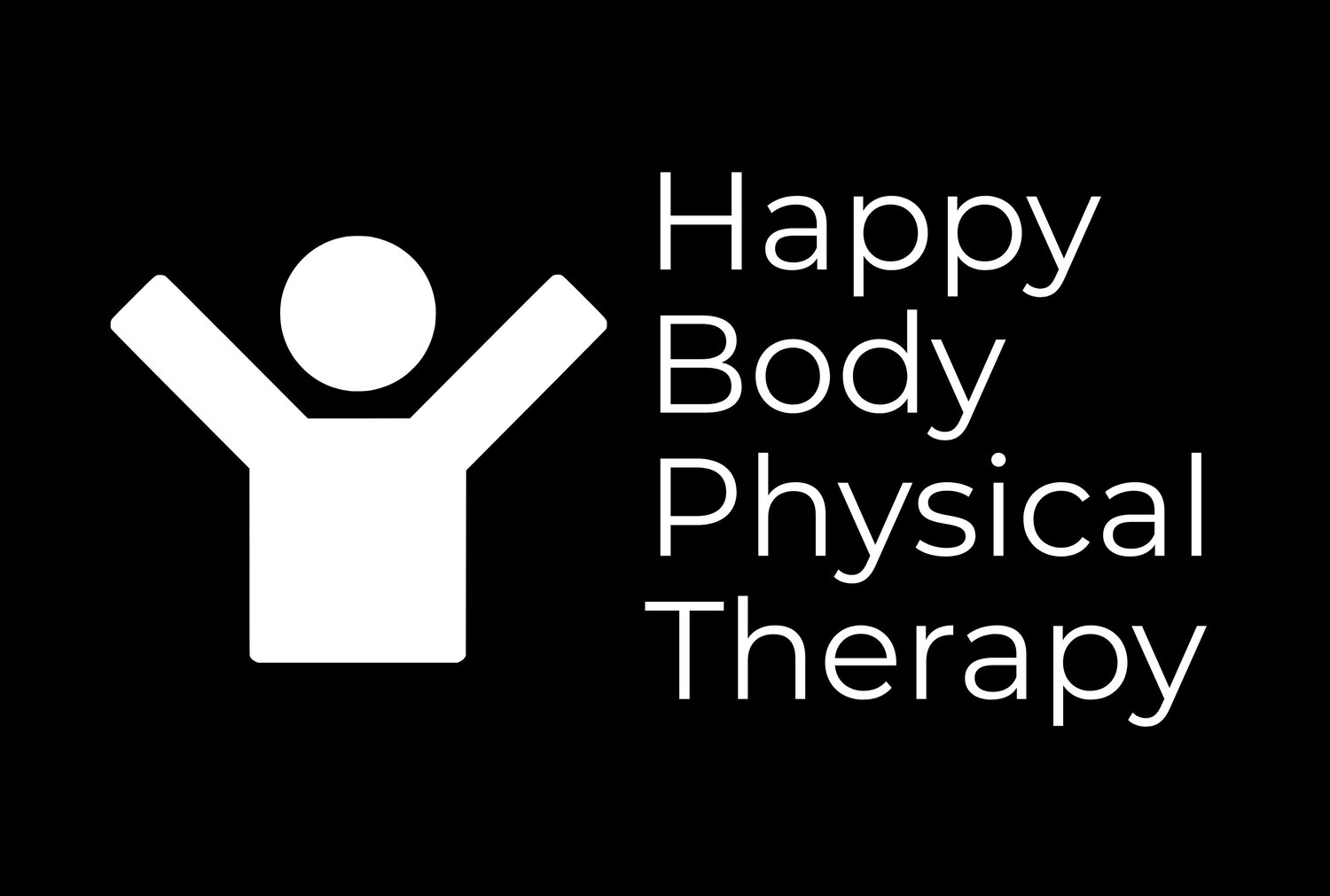Urinary Incontinence…stop the leaking already!
Leaking. No fun. But fixable.
Urinary incontinence, simply stated leaking pee, happens to a lot of people but is often just dismissed or not talked about. Stress incontinence often happens quickly with a sneeze, cough, laugh, or jump. Urge incontinence comes on as a sudden and strong urge that can make you feel the need to race to the toilet to avoid an accident. It often has triggers such as arriving home (key in the door syndrome) or running water. Whether you leak just a few drops or so much that a change of clothing is required, this is an important sign of pelvic floor dysfunction.
That little leak you ignore isn’t improving and will likely worsen with time. What is often perceived as just a small issue, has the potential to become a much bigger concern as our bodies age. For instance, a few dribbles often indicates a weak or uncoordinated pelvic floor. Given time and hormonal changes, this weakness can lead to lack of support and eventual prolapse (pelvic organs dropping or falling out), which could have been avoided with early treatment.
Leaking commonly affects women postnatal, but also impacts younger women, men (as with prostate issues and surgery) and even children.
Ask yourself these questions:
Do I wear dark clothes to conceal a leak?
Am I wearing pads/diapers to stop an accident from leaking through?
Have I stopped certain activities (running, jumping on a trampoline, hiking, or playing with my kids) because I leak when I do them?
Am I always going to the toilet “just-in-case”?
Have I cut back on fluid intake to avoid leaks?
Did you answer “yes”? Well, the good news is there is help. Pelvic Health Physical Therapy is recommended by medical experts as the first treatment option for incontinence. Please consider pelvic therapy and noninvasive treatments prior to surgery.
Pelvic Health physical therapists are trained to identify your specific issues and develop a treatment plan that is proven to be more effective than training at home by yourself (Felicissimo 2010, Ferreira 2010, Hung 2010). Significant improvement within 3 months occurs when you work with an experienced Pelvic Health PT to properly train your pelvic floor. (Davila, 2011).
Can you imagine a life without leaking? Wouldn’t it be worth it to dedicate a couple hours a week to work with a pelvic health PT to stop the embarrassing leaks and reclaim your confidence with movement? Plus think of all the money you’ll save on costly pads, medications, and surgery while healing your body naturally!
Our Happy Body Physical Therapy team can help!
To schedule an appointment (services provided in-clinic, brought to the comfort of your own home, or virtually):
www.happybodyphysicaltherapy.com
happybodyphysicaltherapy@gmail.com
Felicissimo MF, Carneiro MM, Saleme CS, Pinto RZ, da Fonseca AM, da Silva-Filho AL. Intensive supervised versus unsupervised pelvic floor muscle training for the treatment of stress urinary incontinence: a randomized comparative trial. Int Urogynecol J. 2010;21 (7):835-840.
Ferreira M, Santos PC. Impact of exercise programs in women's quality of life with stress urinary incontinence. Rev Port Saude Publica. 2012;3(1):3-10.
Hung HC, Hsiao SM, Chih SY, Lin HH, Tsauo JY. An alternative intervention for urinary incontinence: retraining diaphragmatic, deep abdominal and pelvic floor muscle coordinated function. Man Ther. 2010: 15(3):273-279.
Davila G. W. (2011). Nonsurgical outpatient therapies for the management of female stress urinary incontinence: long-term effectiveness and durability. Adv Urol. 2011: 176498. doi:10.1155/2011/176498

